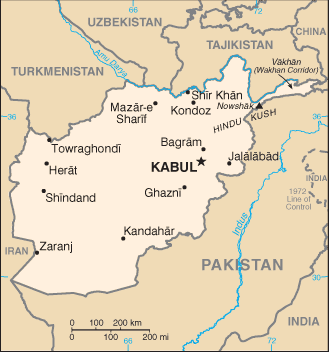Despite comments giving lip-service to the idea of a negotiated settlement and Taliban officials talking up the idea of a power-sharing deal that gives them positions of power and virtual control over the nation’s southeast, peace talks in Afghanistan are still stalled.
 Distrust has been a major obstacle, with US and Afghan officials seemingly sabotaging one another’s efforts and the Taliban not clear which, if either, can be counted on to keep their word.
Distrust has been a major obstacle, with US and Afghan officials seemingly sabotaging one another’s efforts and the Taliban not clear which, if either, can be counted on to keep their word.
Even the attempts to open a Taliban “office” in Qatar, something which was supposed to happen almost a year ago, seems inexorably stalled with the Karzai government claiming to support the idea “in principle” but blocking it from opening unless the Taliban agrees the office can only be used for talks with them, and not for talks with anyone else.
The Taliban has also talked up compromise, but has insisted that some things, like a religiously-based education system, are non-negotiable. The US has pushed for a secular education system, despite considerable support among Karzai officials for the Taliban-style schooling plan.


